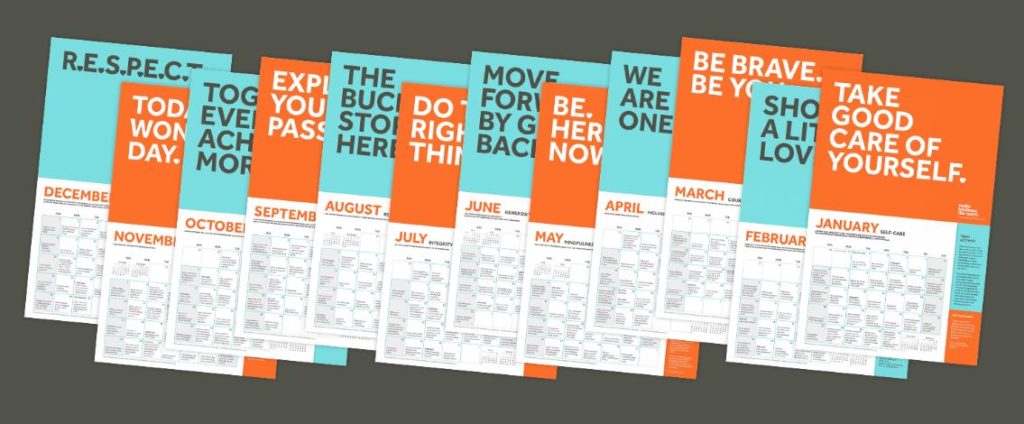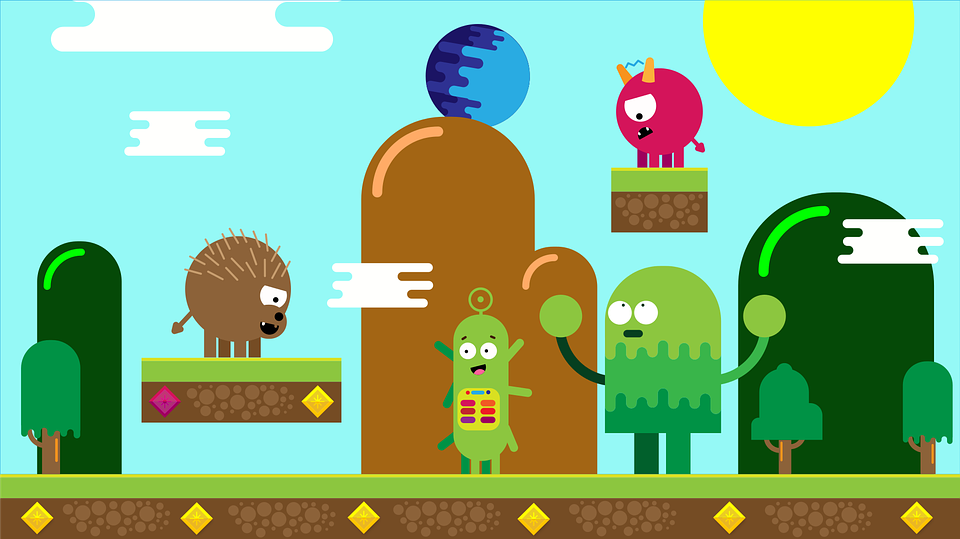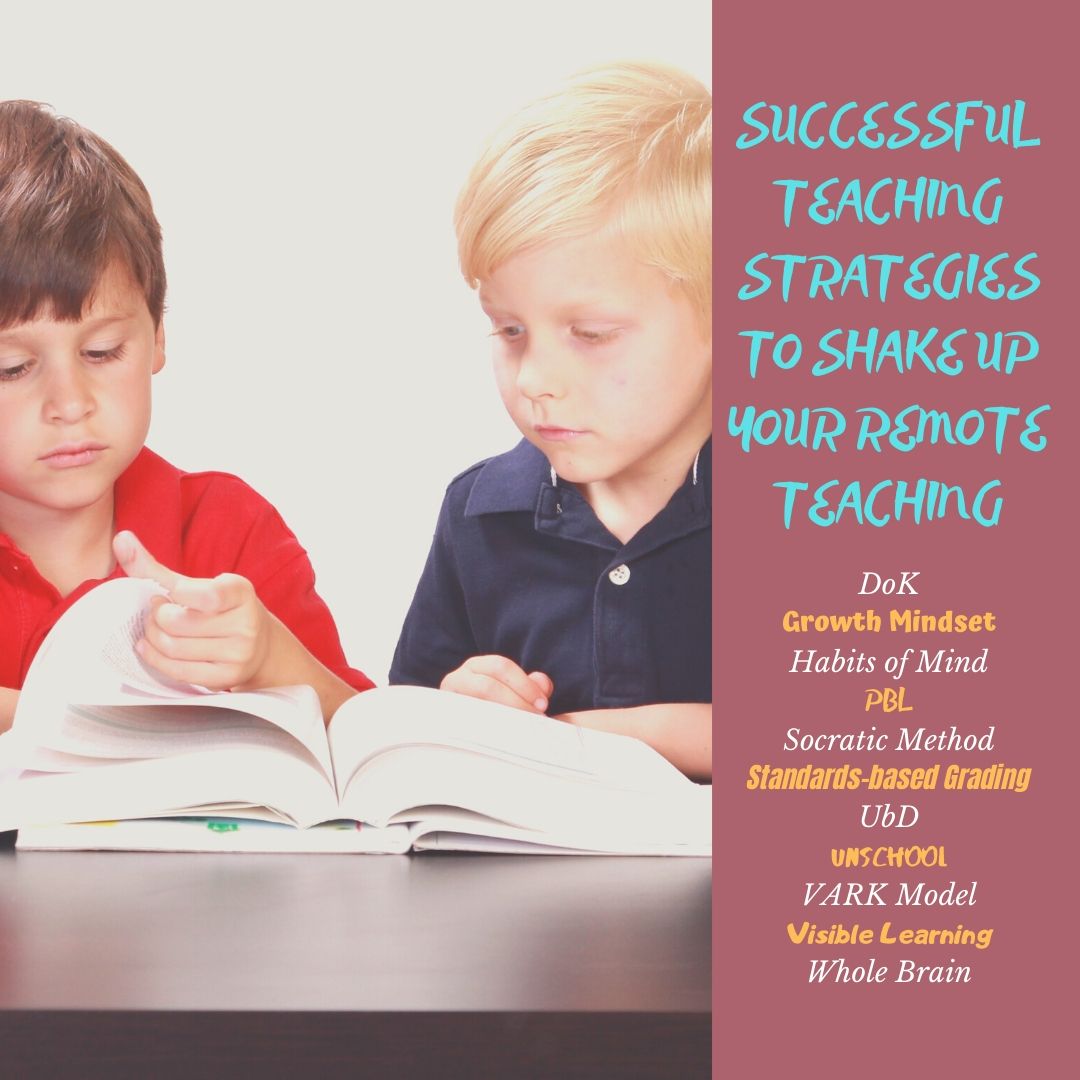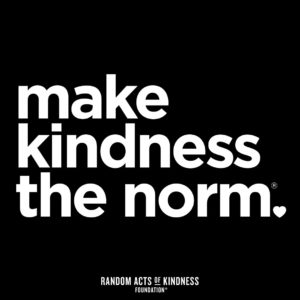 I’ll never forget the day years ago when I stood in a donut shop, half asleep, bed head, with a monster sugar deficit. As I got to the front of the line, the man before me said, “I’ll pay for hers, too.” I didn’t know him. We hadn’t commiserated over how Krispy Kreme was always crowded. I’d just slogged onward, waiting my turn, eager to taste my apple fritter. His simple act of paying for my donut made me feel special, brought a smile to my face all day, and lightened the load of whatever happened after that.
I’ll never forget the day years ago when I stood in a donut shop, half asleep, bed head, with a monster sugar deficit. As I got to the front of the line, the man before me said, “I’ll pay for hers, too.” I didn’t know him. We hadn’t commiserated over how Krispy Kreme was always crowded. I’d just slogged onward, waiting my turn, eager to taste my apple fritter. His simple act of paying for my donut made me feel special, brought a smile to my face all day, and lightened the load of whatever happened after that.
That was one of my first Random Acts of Kindness, the feel-good event started in 1995. Now, February 17th in America is called the Random Acts of Kindness Day (September 1st in New Zealand) and is when everyone encourages acts of kindness without any expectation of consideration in return.
“Kindness is a language which the deaf can hear and the blind can see.” — Mark Twain
What is Random Acts of Kindness Day?
February 17th — Random Acts of Kindness (RAK) Day — is twenty-four hours when anyone who chooses to participate agrees to perform unexpected acts of kindness to pay it forward for that time they need a little bit of unexpected care. We flaunt our altruistic side by doing something nice for another without a thought for the consequences.
Why is Kindness important?
Why kindness is important seems obvious but really, it isn’t. I can name a whole lot of people who have succeeded despite being, well, jerks so why should we think there’s merit in a gentler approach?
One reason is that research says there is. Studies show that being compassionate not only helps others but ourselves. We’re happier, healthier, and may be at a lower risk for heart and blood pressure-related diseases. For most of us, being kind feels good. We are more accepting of what is our lot in life and less judgmental of others. When we practice kindness, life seems to be more of what we once dreamt it would be.
Some kids resist being kind because it sounds weak and/or might make them look naïve but truly, being kind often requires strength, courage, and commitment. How often have you been in a situation where you were expected to judge someone poorly just because your peers and besties did? It’s a struggle to stand up for someone who “no one likes”. Aside from peer pressure, have you ever wanted to be angry with someone who disagreed with you or corrected you, maybe ignored you when you needed to be included? Kindness requires that you push all of those thoughts away, reject the easy path in favor of being forgiving and helpful.
That definitely is not easy.
RAK Activities for your classroom
For schools promoting SEL (social-emotional learning), celebrating Random Acts of Kindness (RAK) fits well with your curriculum and mission. Here are activities you can do to promote this event:
Use a calendar
To get students thinking of random acts of kindness as part of who they are, encourage them to do at least one every day. They often can be completed in minutes — some within seconds — but the effect lasts much longer. Random Acts of Kindness.org puts out a free year-long calendar with suggestions every day for activities that can be done to encourage kindness. They take only a few minutes and are also offered in a team-based setup if that works better for your group. Kindnesses include:
- Help a colleague finish a job.
- Include someone who looks alone or left out into a group activity.
- Say hello to someone you usually don’t.
- Listen to someone even when you don’t want to. Extra points if this is a person who is usually ignored.
Here’s an example of what the free calendar looks like:
Blend kindness with your school’s monthly messages
Reframe kindness as the habits most parents teach their kids — the cornerstones to thriving in our world. This includes compassion, fairness, gratitude, taking care of ourselves, integrity, truthfulness, and honesty. If you have monthly messages that revolve around these qualities, refresh them by blending acts of kindness that can be performed to support them.
Kindness lesson plans
The website, Random Acts of Kindness, has a wide selection of lesson plans to support teaching kindness to your students. Topics include: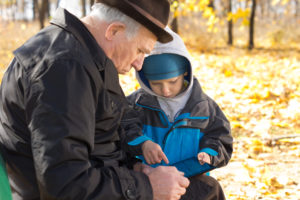
- Caring for Others
- Creating a Kind Classroom
- Following the Rules
- Stress Busters
- What Would You Do?
- Peer Pressure
- Self-Esteem
These are free to download, organized by grade, and available in versatile PDF format. You don’t even need to create an account to access them.
More recommended activities
If you are stuck for ideas, here’s a list of fifteen activities that are suggested by the Random Acts of Kindness Foundation and others:
- Let someone go ahead of you in line.
- Buy extra at the grocery store and donate it to a food pantry.
- Help a friend (or a stranger) change a flat tire on their bike.
- Send an encouraging note to someone.
- Bring a treat to class.
- Let a stranger in line ahead of you.
- Wash an elderly neighbor’s car (or mow their lawn).
- Introduce yourself to a new student. You might even invite them to eat lunch with you.
- Pay the bus fare for the passenger behind you.
- Say thank you to a community helper.
- Visit an elder in a senior care center.
- Reconnect with an old friend.
- Donate blood.
- Find a Little Free Library and donate some books.
- Notice a need and fill it.
***
Kindness is the gateway to caring. Try it once. Live it forever.
@RAKFoundation
More on Kindness
How to Put Kindness in Your Classes
Empatico-Build Global Awareness in Students
YouTube on the Science of Kindness
TED Talk on A Call for Kindness
Jacqui Murray has been teaching K-18 technology for 30 years. She is the editor/author of over a hundred tech ed resources including a K-12 technology curriculum, K-8 keyboard curriculum, K-8 Digital Citizenship curriculum. She is an adjunct professor in tech ed, Master Teacher, webmaster for four blogs, an Amazon Vine Voice, CSTA presentation reviewer, freelance journalist on tech ed topics, contributor to NEA Today, and author of the tech thrillers, To Hunt a Sub and Twenty-four Days. You can find her resources at Structured Learning.

